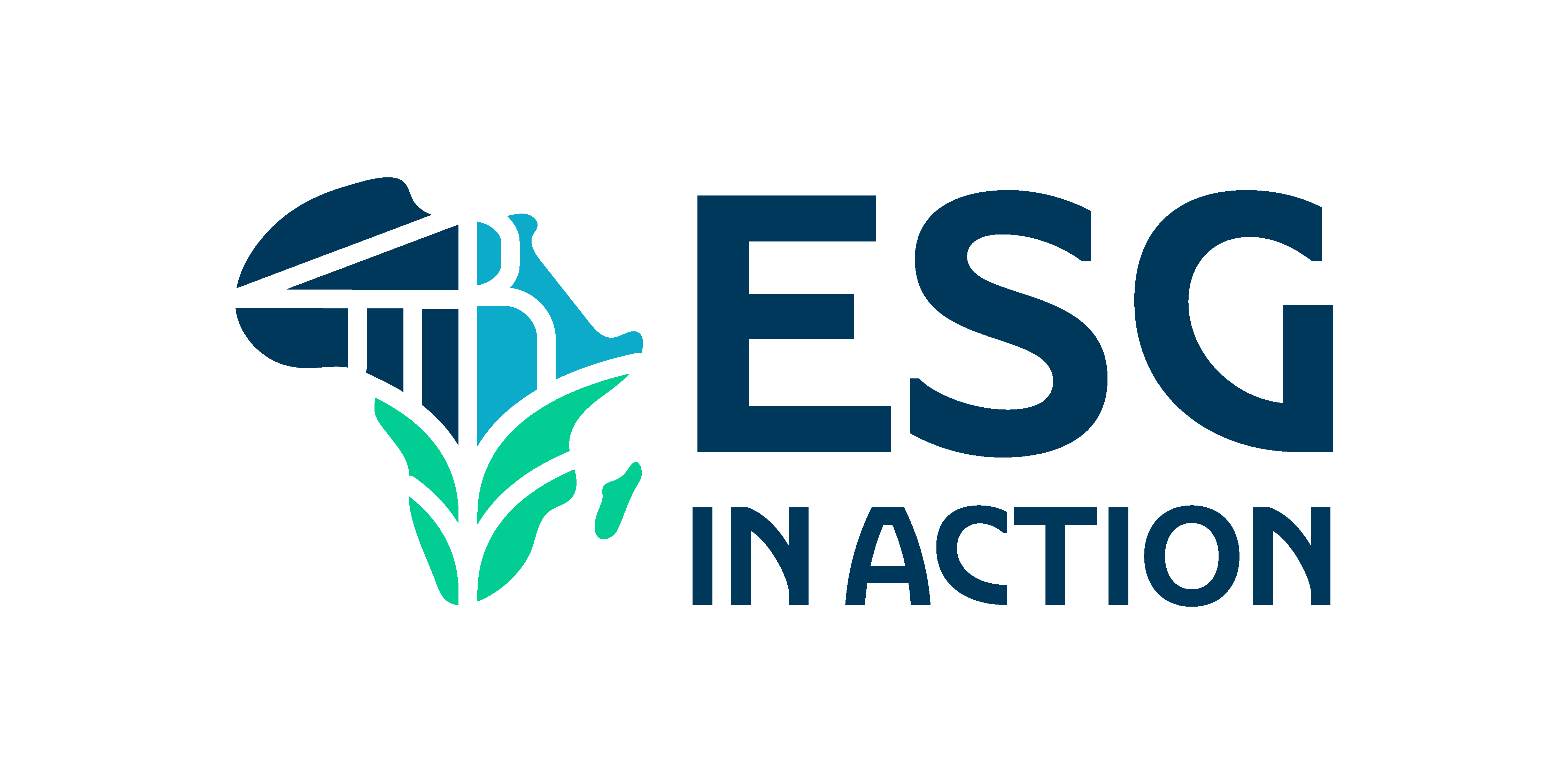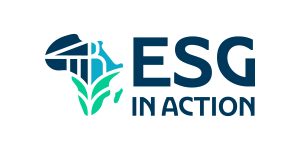Sustainability Data in 2026: Moving from Fragmentation to Strategy
It is more apparent now that Sustainability data has reached a turning point. For years, organisations collected environmental, social, and governance information primarily for reporting purposes. However, today, that approach is no longer enough. This is because In 2026, the central question is not whether companies gather sustainability data. It is whether that data shapes real decisions about capital allocation, risk management, operations, and long-term competitiveness. It is worth mentioning that across industries, fragmented data systems remain a major challenge. Organisations hold emissions figures in one platform, supplier risk information in another, and governance metrics in spreadsheets or static reports. The result is slow analysis, inconsistent disclosures, and weak integration with financial planning. Manual processes and unclear ownership structures also further...













